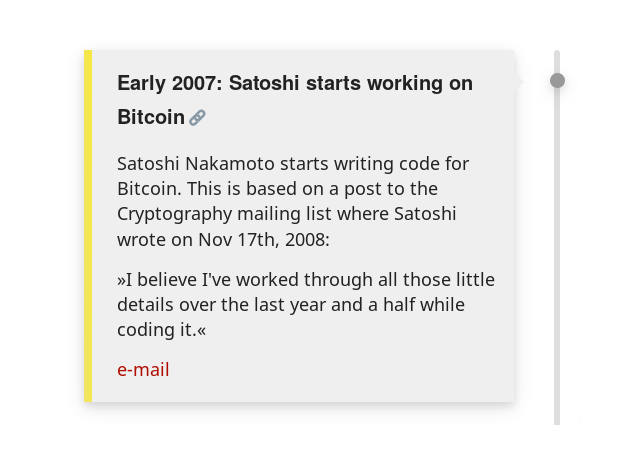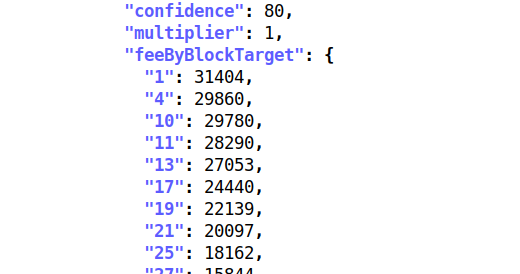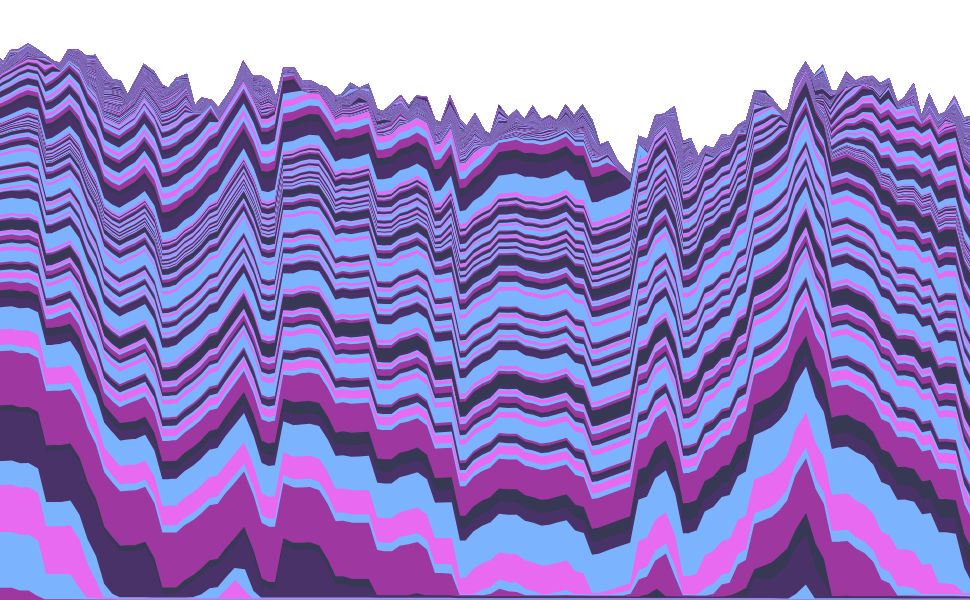Blog
Update on LinkingLion: Reduced activity and a statement by LionLink Networks
This is an update on the LinkingLion entity, presumably linking Bitcoin transactions to IP addresses, I published about a year ago. Yesterday, …
Vulnerability Disclosure: Wasting ViaBTC's 60 EH/s hashrate by sending a P2P message
In January, while investigating a misbehaving client on the Bitcoin P2P network, I found a vulnerability in ViaBTC’s, the fourth largest Bitcoin …
Extracting the Private Key from Schnorr Signatures that reuse a Nonce
Elliott (aka @robot__dreams) posted a Bitcoin-flavored cryptography challenge on Twitter. The goal is to extract the private key from two Schnorr …
Userspace, Statically Defined Tracing support for Bitcoin Core
This report updates on what 0xB10C, Coinbase Crypto Community Fund grant recipient, has been working on over the first half of his year-long Bitcoin …
On anyone-can-spend Pay-to-Taproot outputs before activation
While working on taproot support for transactionfee.info, it became apparent that there already exist a few Pay-to-Taproot (P2TR) outputs on mainnet. …
Frequently Asked Questions: Bitcoin Transaction Monitor
The Bitcoin Transaction Monitor provides deeper insights into the usage of the Bitcoin network by showing transactions by time and feerate. This post …
A List of Public Bitcoin Feerate Estimation APIs
My search for a list of public Bitcoin feerate estimation APIs ended without any real results. Jameson Lopp has a section on feerate estimators on his …
Plotting the Bitcoin Feerate Distribution
How did the median Bitcoin feerate evolve from 2013 to 2015? When were the feerate spikes in 2017? Visualizing the Bitcoin feerate distribution per …














